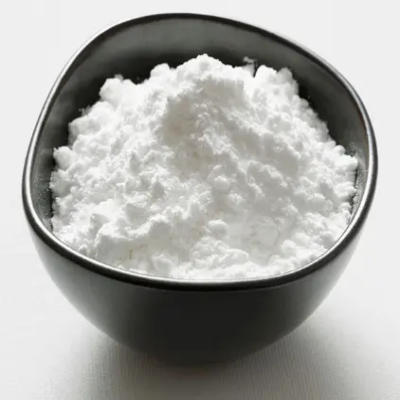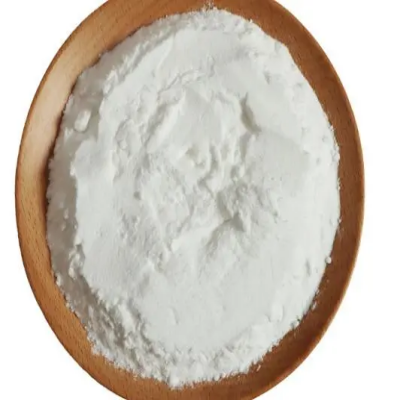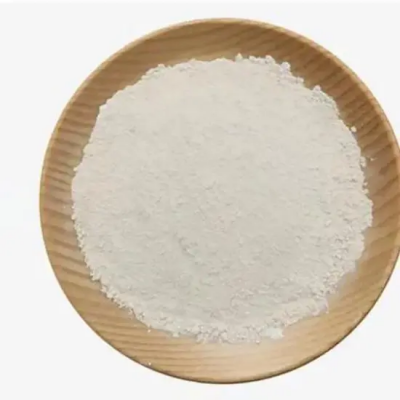Uridine-5′-diphosphoglucuronic acid trisodium salt CAS:63700-19-6
Detoxification: UDP-glucuronic acid is an essential molecule involved in the phase II biotransformation reactions of xenobiotics and endogenous compounds. It acts as a precursor for the synthesis of glucuronides, which are highly water-soluble conjugates that can be easily eliminated from the body. This detoxification process helps to neutralize and eliminate potentially harmful substances, such as drugs, environmental toxins, and certain metabolic byproducts.
Drug metabolism: Many drugs undergo glucuronidation, a process in which UDP-glucuronic acid conjugates with the drug molecule, resulting in the formation of a glucuronide metabolite. This glucuronidation reaction often enhances the elimination of drugs from the body and facilitates their excretion through urine or bile. UDP-glucuronic acid trisodium salt is frequently used in studies investigating the metabolism and pharmacokinetics of drugs.
Research tool: UDP-glucuronic acid trisodium salt is widely used as a research tool in various studies related to drug metabolism, enzymology, and toxicology. It provides a source of UDP-glucuronic acid for in vitro experiments and enables researchers to investigate the impact of glucuronidation on drug clearance, bioavailability, and potential drug-drug interactions.
Glycosylation: UDP-glucuronic acid is also involved in glycosylation reactions, where it acts as a donor of glucuronic acid moieties for the synthesis of glycosaminoglycans (GAGs) and proteoglycans. These molecules have essential roles in various biological processes, including cell adhesion, extracellular matrix formation, and signaling.
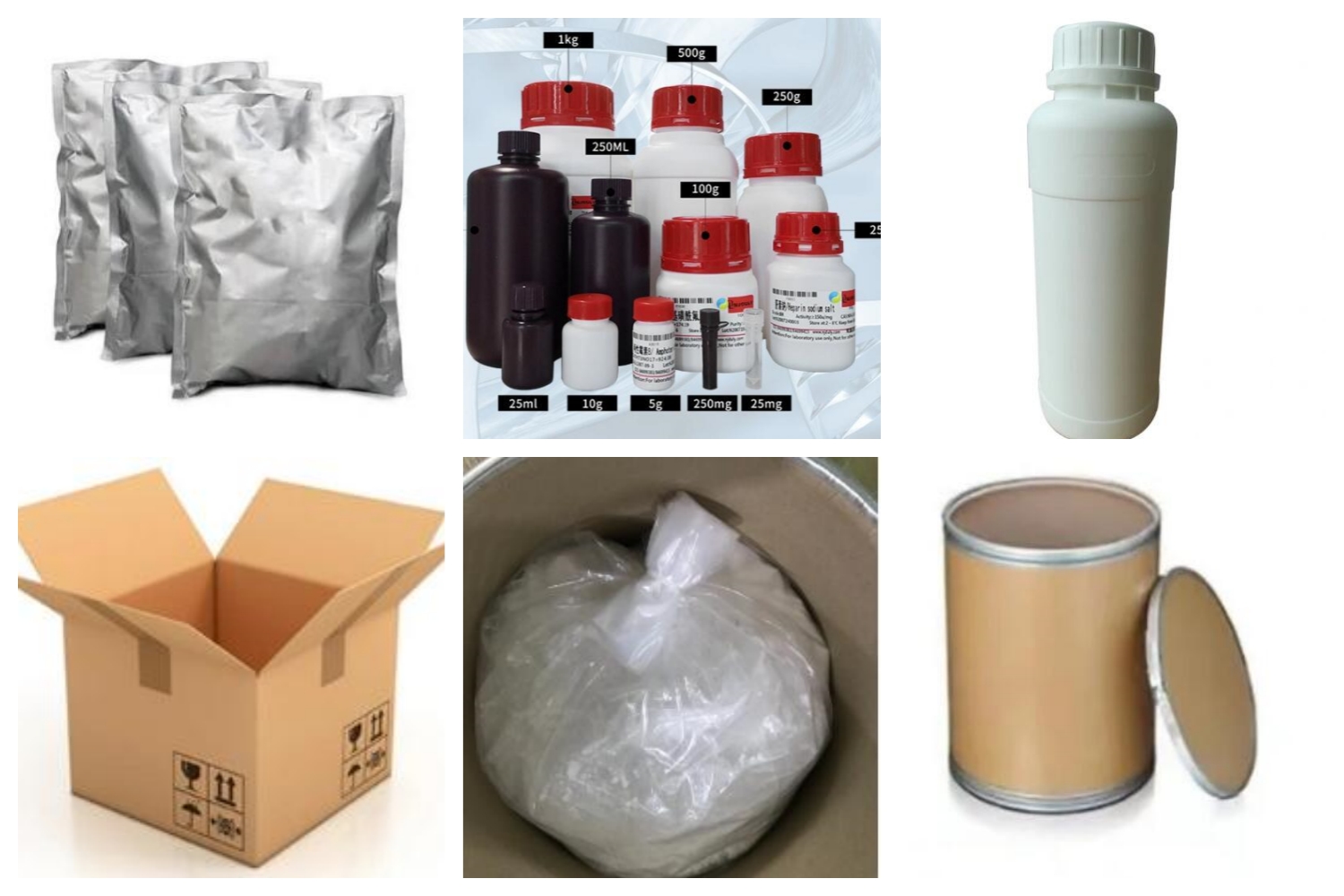
| Composition | C15H23N2NaO18P2 |
| Assay | 99% |
| Appearance | White powder |
| CAS No. | 63700-19-6 |
| Packing | Small and bulk |
| Shelf Life | 2 years |
| Storage | Store in cool and dry area |
| Certification | ISO. |


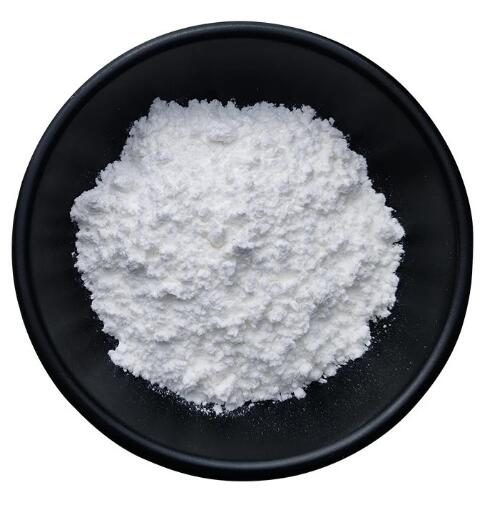

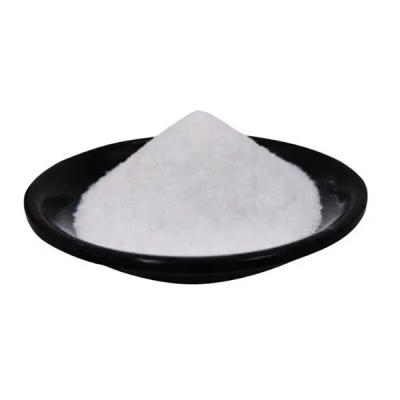
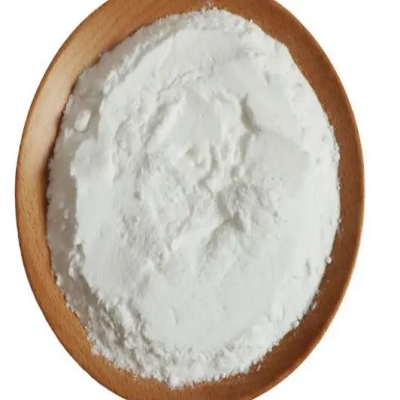
![Pentaerythritol tetrakis[3-(3',5'-di-tert-butyl-4'-hydroxyphenyl)propionate] CAS:6683-19-8](https://cdn.globalso.com/xindaobiotech/HSUS81DS80Y35NTEZTU291.png)
